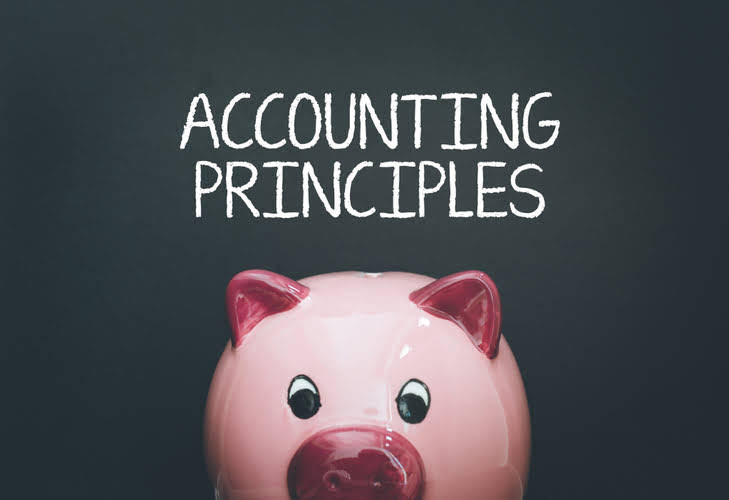Content

This formula looks at what a company owns (its assets), what it owes (its liabilities), and the residual that belongs to shareholders (owner’s equity). And it must balance out—the assets on the left should equal the claims against those assets on the other side. It’s a fundamental means for determining whether a company’s financial records accurately financial accounting reflect the transactions carried out over a period of time. Making a mistake when forecasting, or otherwise not accounting for risk, can have major negative effects on a company’s ability to do business. Therefore, learning how to prepare pro forma financial statements and accurately forecast revenue and cash flow is a critical business skill.

Excellent book that is comparable to any of the leading financial accounting titles. The authors even provide end of chapter problems, videos, and interactive Excel problems for students. I commend the authors for making something of this caliber freely available. All users will quickly understand the format as it is applied the same to each chapter. This helps provide consistency for students learning introductory accounting. Discover what’s behind the numbers in financial statements and unlock critical insights into business performance and potential to drive strategic decision making in this course from Harvard Business School (HBS) Online.
A Manager's Guide to Finance & Accounting
To illustrate double-entry accounting, imagine a business sends an invoice to one of its clients. An accountant using the double-entry method records a debit to accounts receivables, which flows through to the balance sheet, and a credit to sales revenue, which flows through to the income statement. In addition to following the provisions of GAAP, any corporation whose stock is publicly traded is also subject to the reporting requirements of the Securities and Exchange Commission (SEC), an agency of the U.S. government. These requirements mandate an annual report to stockholders as well as an annual report to the SEC. The annual report to the SEC requires that independent certified public accountants audit a company's financial statements, thus giving assurance that the company has followed GAAP. Financial accounting is a specialized branch of accounting that keeps track of a company's financial transactions.
In short, although accounting is sometimes overlooked, it is absolutely critical for the smooth functioning of modern finance. Some accounting software is considered better for small businesses such as QuickBooks, Quicken, FreshBooks, Xero, SlickPie, or Sage 50. Larger companies often have much more complex solutions to integrate with their specific reporting needs. Coursera offers a wide range of courses and Specializations in business and finance topics, including financial accounting, from top-ranked schools such as the University of Pennsylvania and the University of Virginia.
What skills or experience do I need to already have, before starting to learn financial accounting?
Financial accountants produce financial statements based on the accounting standards in a given jurisdiction. The entire purpose of financial accounting is to prepare financial statements, which are used by a variety of groups and often required as part of agreements with the preparing company. In addition to management using financial accounting to gain information on operations, the following groups use financial accounting reporting.

It is important for companies to establish credibility with these external users through relevant and reliable accounting information. On the other hand, perhaps you learn best with a more structured format, such as a course, workshop, or bootcamp. By learning how to talk about finance and money, you can better communicate with others in your organization—your supervisor and team, members of the executive team, and other key stakeholders. This can enable you to tie your efforts to the value you bring to the organization and help foster important working relationships. The Alliance for Responsible Professional Licensing (ARPL) was formed in August 2019 in response to a series of state deregulatory proposals making the requirements to become a CPA more lenient.
